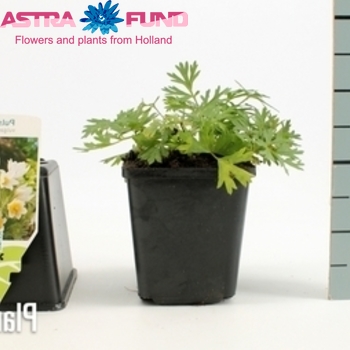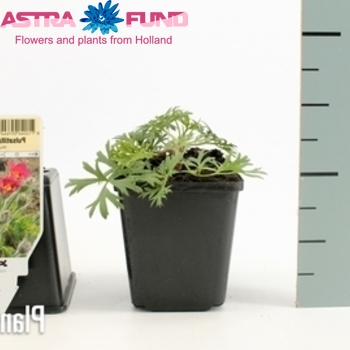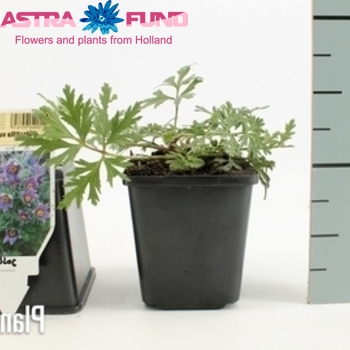Subscribe to our newsletter
Pulsatilla

Pulsatilla is a genus that contains about 33 species of herbaceous perennials that are native to meadows and prairies of North America, Asia and Europe. Its common names include pasque flower, prairie crocus, wind flower, Easter Flower and meadow anemone. Many species are considered ornamentals because of their dissected leaves, their solitary bell-shaped flowers and plumed seed heads. The apparent part of the flower are not petals, they consist of sepals.
The flowers tend to bloom early in spring, which explains the common name “Pasque flower”, because “Pasque” refers to Easter.
Pulsatilla is considered highly toxic and it produces cardiogenic oxytoxins and toxins that slow the human heart. Excess use of the plant can lead to vomiting, diarrhea, convulsions, hypotension and even coma. It has been used as medicine by the Native Americans for centuries. The Blackfoot Indians used it to induce childbirth and abortions; therefore, it should not be used during pregnancy or even during lactation.
The extracts of Pulsatilla have been used as a treatment to some reproductive problems such as premenstrual syndrome and epididymitis. Additional applications of the plant extracts can include uses as a sedative and for the treatment of coughs. It is also often used as an ingredient in homeopathic remedies.
Professional botanists need a trustful source of species, and Astra Fund Holland BV not only supports the professional works with plants by offering bulk purchases of flowers, but also anyone who is interested in develop new botanical skills to create a beautiful garden of cultivation.




